
Golden LEAF’s mission is to increase economic opportunity in North Carolina’s rural, tobacco-dependent, and economically distressed communities through leadership in grantmaking, collaboration, innovation, and stewardship as an independent and perpetual foundation.
The Golden LEAF Foundation is a nonprofit organization established in 1999 to receive a portion of North Carolina’s funding from the 1998 Master Settlement Agreement with cigarette manufacturers. Golden LEAF has worked to increase economic opportunity in North Carolina’s rural and tobacco-dependent communities through leadership in grantmaking, collaboration, innovation, and stewardship as an independent and perpetual foundation.
For more than 25 years, the Foundation has provided lasting impact to tobacco-dependent, economically distressed, and rural areas of the state. In fiscal year 2025, Golden LEAF helped create 1,665 jobs, more than $116 million in new payrolls, and more than 4,722 workers trained or retrained for higher wages.
Governed by a board of directors appointed by leaders of NC’s legislative and executive branches, Golden LEAF has focused on critical issues facing North Carolina communities including bringing jobs and building industry by providing resources to communities, awarding scholarships to local students and administering the state’s relief efforts following natural disasters.
The Golden LEAF Foundation was formed under a charter established by the North Carolina General Assembly. According to the charter, the Golden LEAF Foundation “shall promote the social welfare and lessen the burdens of government [by using its funds] to provide economic impact assistance to economically affected or tobacco-dependent regions of North Carolina in accordance with the Consent Decree [between the state of North Carolina and cigarette manufacturers].”
Activities to be supported include, but are not limited to, the following:
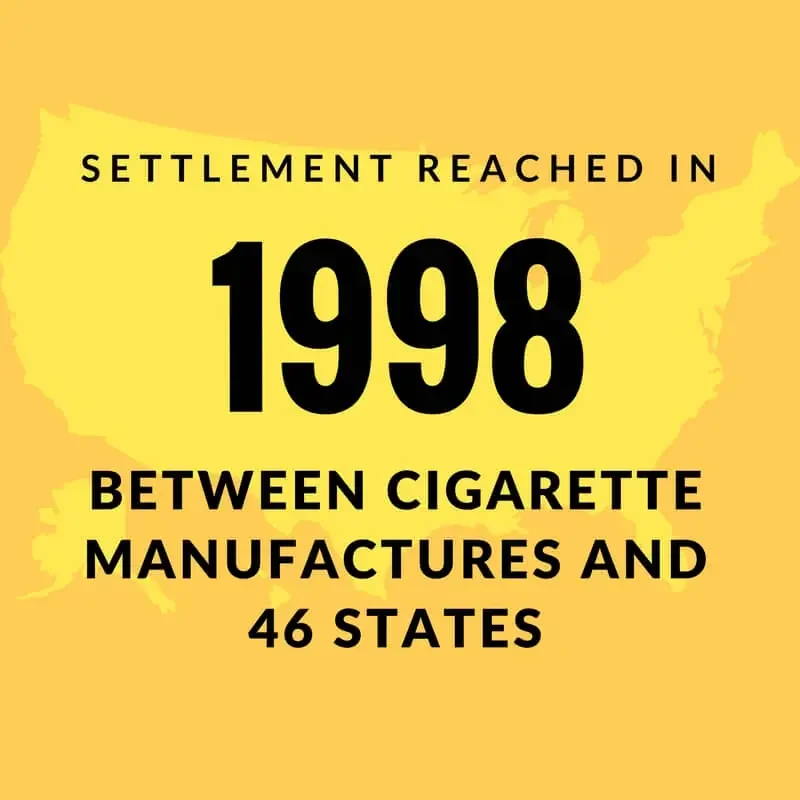
National Cigarette Manufacturer Settlement Agreement – A major settlement (Master Settlement Agreement) between 46 states and cigarette manufacturing companies was reached.
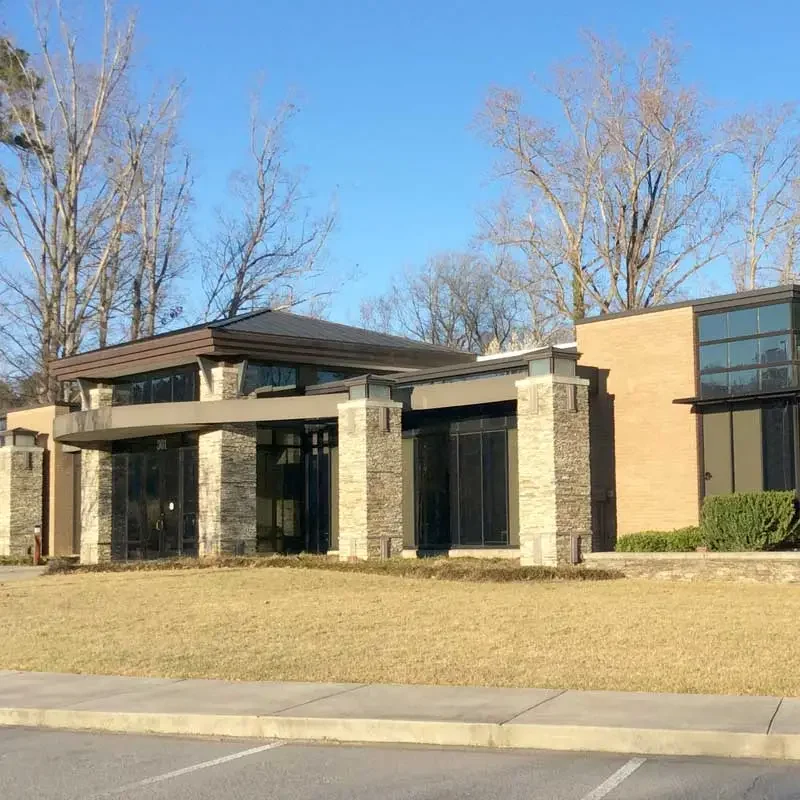
North Carolina’s leadership created the Golden LEAF Foundation to administer one half of the NC MSA monies back into the state’s economically distressed, tobacco-dependent and rural communities.

Golden LEAF awarded its first scholarships for rural students to attend NC colleges and universities.

Golden LEAF awarded grants to help create a consortium to assist with workforce development requirements in the biotech and life science industries. Grants were awarded to NCSU, NCCU, and the NC Community College System.
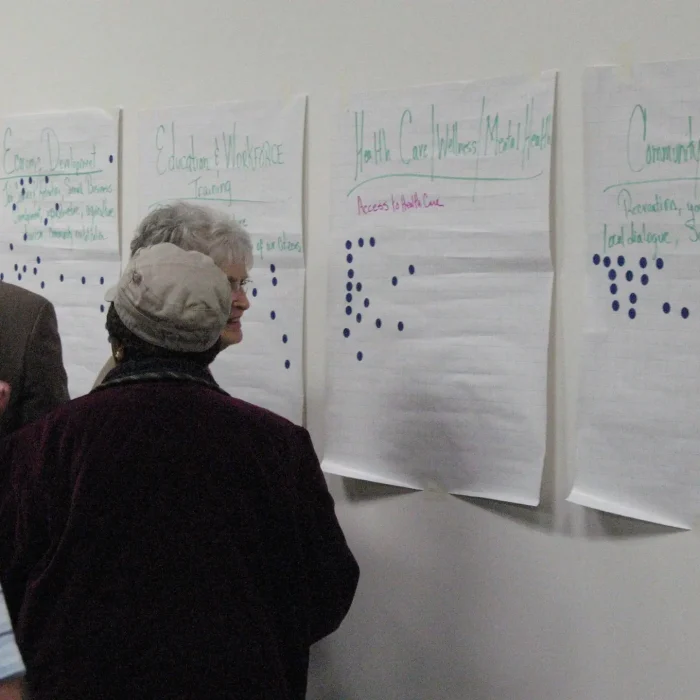
Golden LEAF reacted to a need to work directly in Tier 1 counties in North Carolina and through a process established the top priorities for these counties and awarded grants to help move the needle for economic progress.
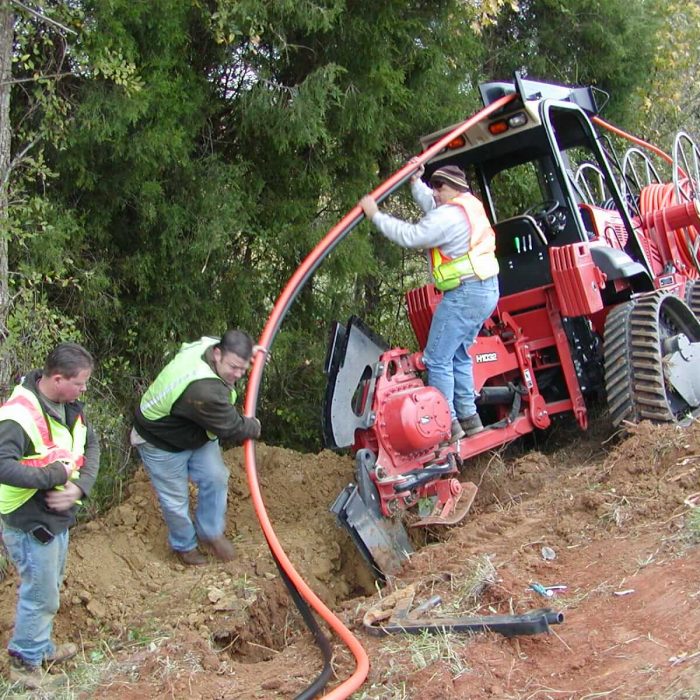
This initiative helped secure $78 million in federal funds and leveraged other private and public resources to bring high-speed broadband fiber to 69 counties across North Carolina.

This initiative is an expansion of the Community Assistance Initiative – expanded to all regions in the state – to identify those projects that are ready for implementation and have the potential to have a significant economic impact. Total investment in this initiative is $38.8 million, as of February 2018.
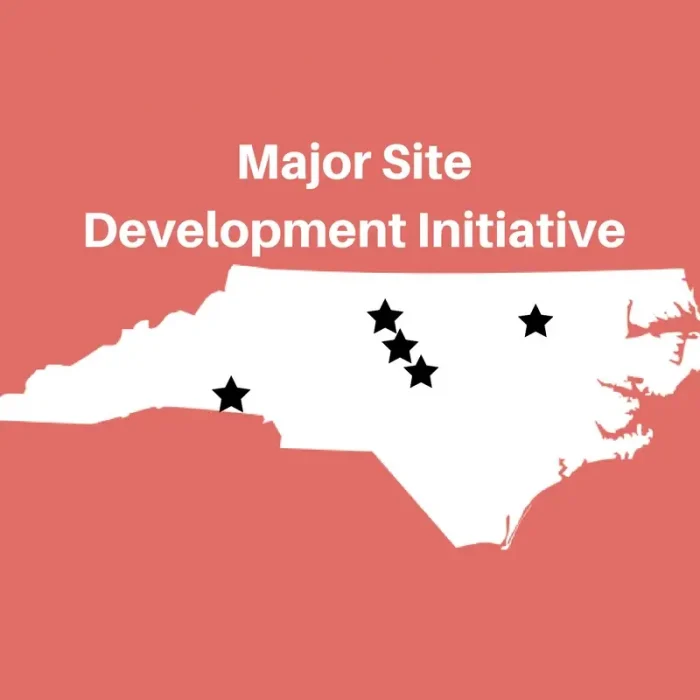
This initiative was developed to help ready large sites to attract major employers to rural, tobacco dependent, or economically distressed areas of North Carolina through providing infrastructure grants.

Through appropriations from the North Carolina Legislature from the Disaster Recovery Acts of 2016, 2017 and 2018, Golden LEAF was tasked to make grants to local governmental entities and 501(c)(3) nonprofits working to recover from the 2016 natural disasters, especially Hurricane Matthew.
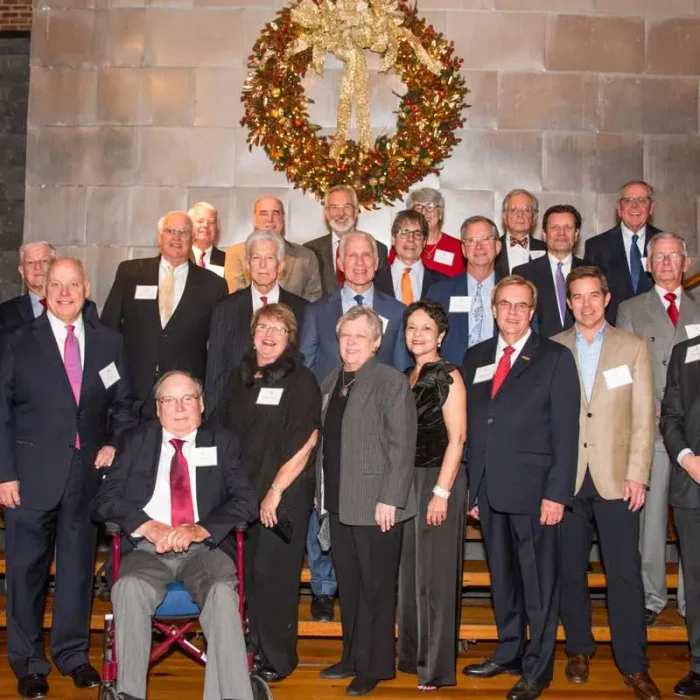
On December 4th the Golden LEAF Foundation celebrated two decades of service in rural North Carolina. Current and former Board, staff, grantees, partner organizations along with State and Local officials gathered to recognize this milestone.
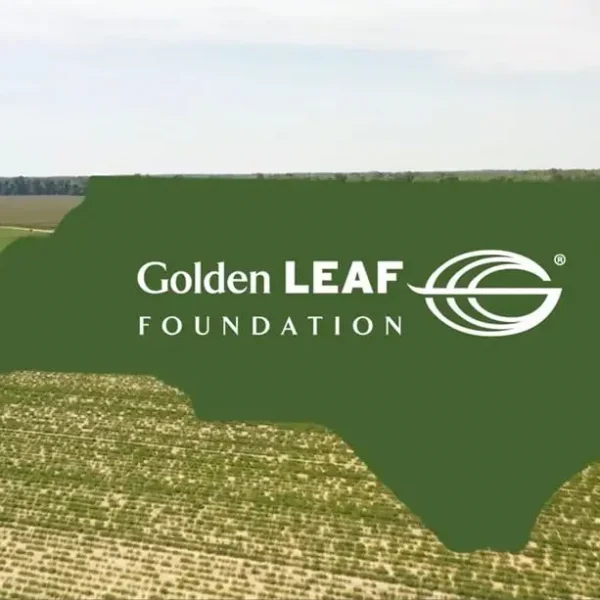
To help address some of the economic challenges facing North Carolina, the Golden LEAF Board of Directors embarked on a strategic planning process in 2020 that concluded with the adoption of a long-term plan in February 2021.
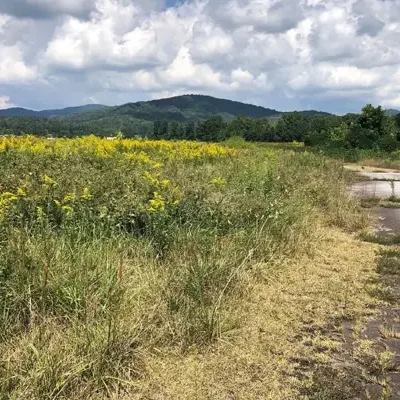
The $10 million SITE Program will help communities identify potential industrial sites for economic development, complete the due diligence necessary to prepare sites for industrial development, and extend public utilities to or conduct rough grading and clearing of sites for which due diligence has been completed.